News and bits of interest
-

Astronomers have found a planet like Earth orbiting a star like the sun
Astronomers have found a planet like Earth orbiting a star like the sun The discovery of the exoplanet KOI-456.04 orbiting the star Kepler-160 suggests we should more aggressively look for habitable planets around sun-like stars. Source: www.technologyreview.com/2020/06/05/1002831/kepler-160-koi-456-04-earth-sun-exoplanet-habitable/
-

NASA’s Long-Delayed Return To Human Spaceflight
NASA’s Long-Delayed Return To Human Spaceflight With the launch of the SpaceX Demo-2 mission, the United States has achieved something it hasn’t done in nearly a decade: put a human into low Earth orbit with a domestic booster and vehicle.… Source: hackaday.com/2020/06/01/nasas-long-delayed-return-to-human-spaceflight/
-
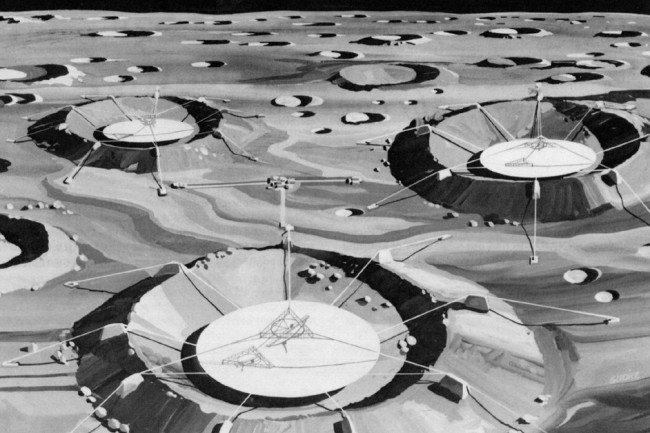
The History and Future of Telescopes on the Moon
The History and Future of Telescopes on the Moon For generations, astronomers have dreamed of building telescopes on the lunar farside. Source: www.discovermagazine.com/the-sciences/the-history-and-future-of-telescopes-on-the-moon
-
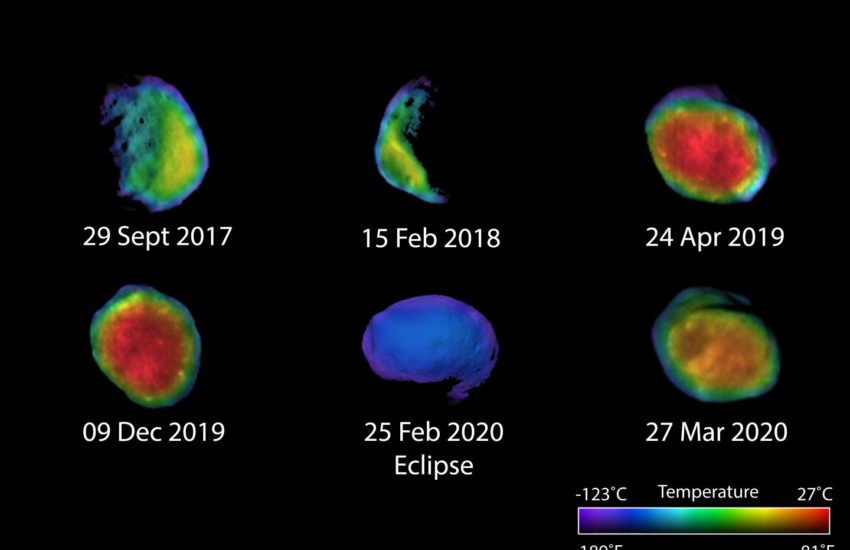
Scientist captures new images of Martian moon Phobos to help determine its origins
Scientist captures new images of Martian moon Phobos to help determine its origins Christopher Edwards, assistant professor in Northern Arizona University’s Department of Astronomy and Planetary Science, just processed new images of the Martian moon Phobos that give scientists insight into the physical properties of the moon and its composition. Source: www.eurekalert.org/pub_releases/2020-06/nau-scn060220.php
-
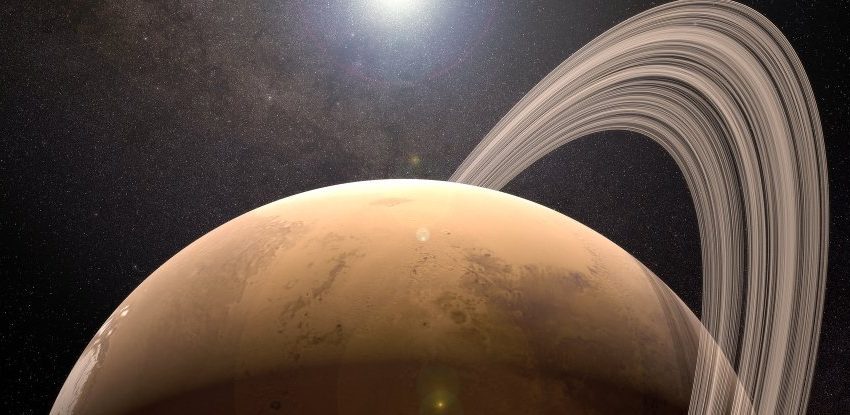
Did Mars Once Have a Ring?
We Just Got Even More Evidence Mars Once Had a Ring Mars – glorious, dusty, complex Mars – may once have been even more dazzling. New research provides even more evidence that a rubbly ring once circled the Red Planet. Source: www.sciencealert.com/the-weird-orbit-of-mars-moon-suggests-the-red-planet-once-had-a-ring
-
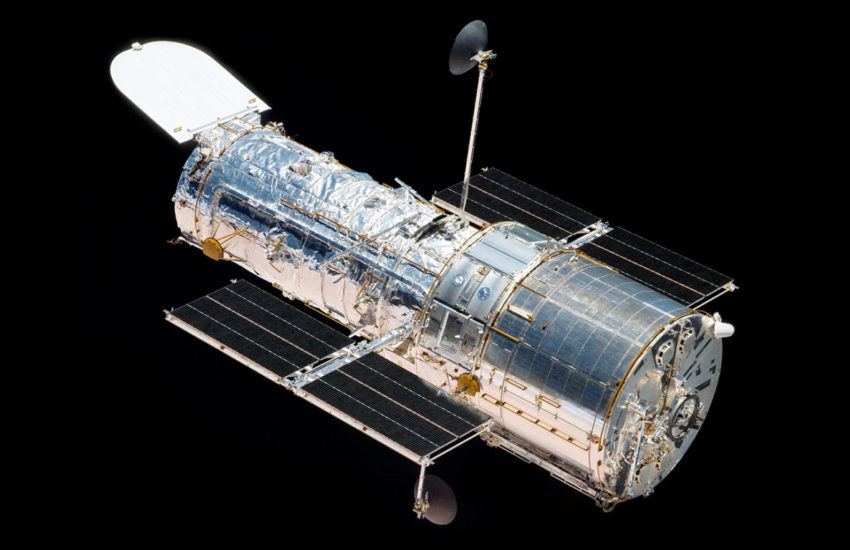
Texas Astronomer Uses His 25-year-old Hubble Data to Confirm Planet Proxima Centauri c
Texas Astronomer Uses His 25-year-old Hubble Data to Confirm Planet Proxima Centauri c Fritz Benedict used data he collected from the Hubble Space Telescope to confirm the existence of Proxima c, the third known planet orbiting the star closest to our sun. Photo credit: NASA. Fritz Benedict has used data he took over two…
-
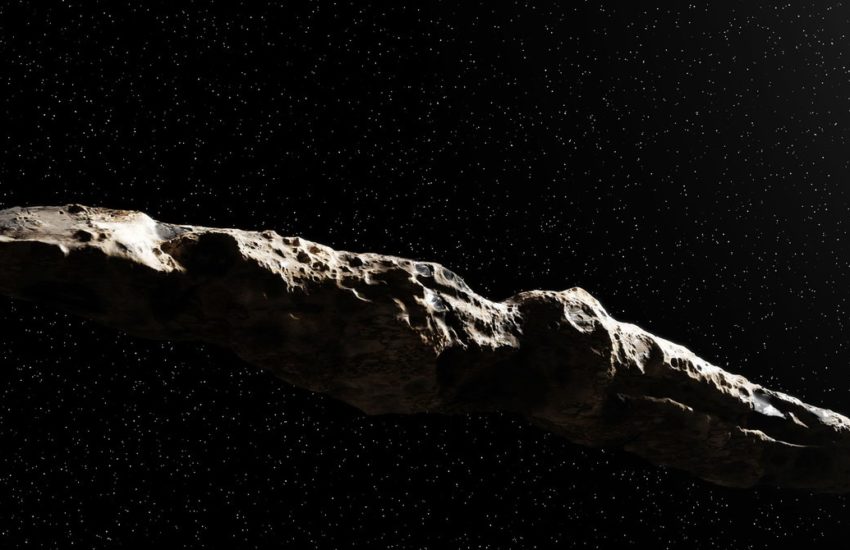
Oumuamua Might Be a Giant Interstellar Hydrogen Iceberg
âOumuamua Might Be a Giant Interstellar Hydrogen Iceberg It isn’t an alien spaceship, but new research suggests the first known interstellar object to grace our solar system could be something even stranger. Source: www.wired.com/story/oumuamua-might-be-a-giant-interstellar-hydrogen-iceberg
-
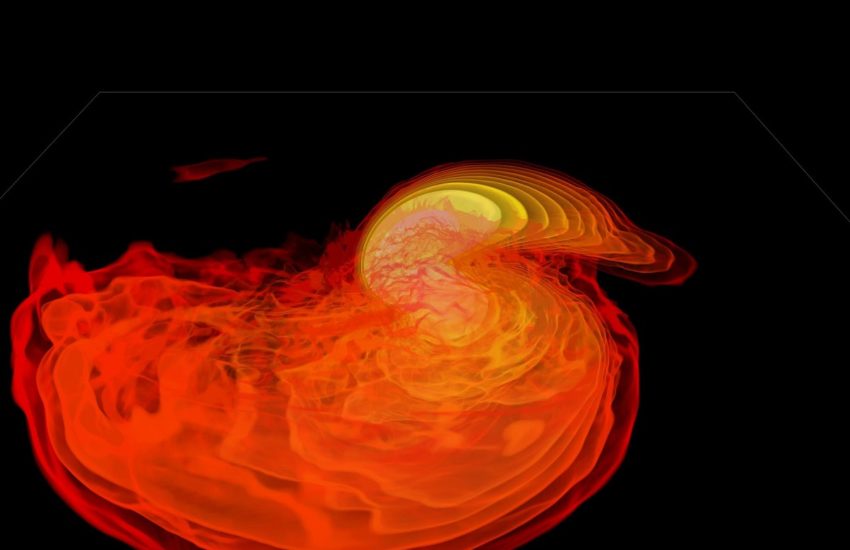
New Australian infrared telescope to spot cosmic hidden treasures
New infrared telescope to spot cosmic hidden treasures A new infrared telescope, to be designed and built by astronomers at The Australian National University (ANU), will monitor the entire southern sky in search of new cosmic events as they take place. DREAMS – the Dynamic REd All-Sky Monitoring Survey – will be located at…
-
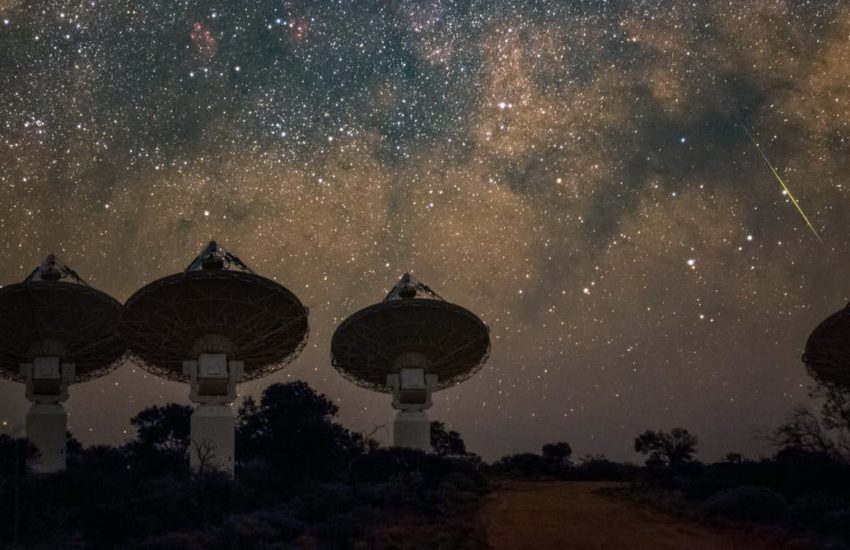
Half the matter in the universe was missing – we found it hiding in the cosmos
Half the matter in the universe was missing – we found it hiding in the cosmos Cosmologists had only been able to find half the matter that should exist in the universe. With the discovery of a new astronomical phenomenon and new telescopes, researchers just found the rest. Source: theconversation.com/half-the-matter-in-the-universe-was-missing-we-found-it-hiding-in-the-cosmos-138569
-
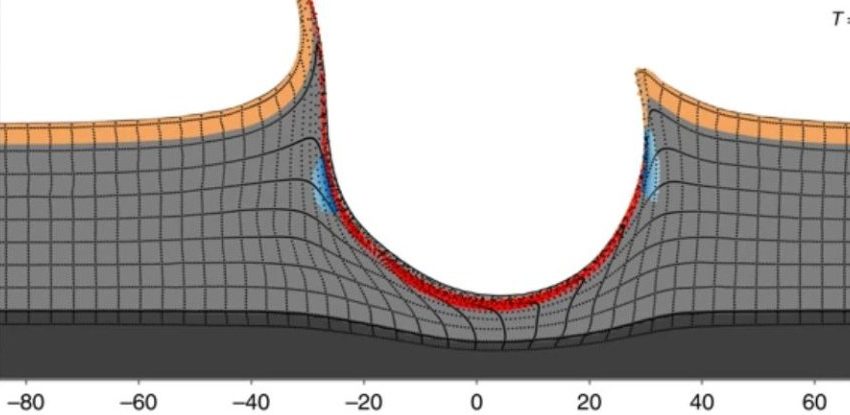
The Dinosaur-Killer Asteroid May Have Hit Earth at ‘Deadliest Possible’ Angle
The Dinosaur-Killer Asteroid May Have Hit Earth at ‘Deadliest Possible’ Angle This much we knew: some 66 million years ago an asteroid roughly twice the diameter of Paris crashed into Earth, wiping out all land-dwelling dinosaurs and 75 percent of life on the planet. Source: www.sciencealert.com/the-asteroid-that-killed-the-dinosaurs-could-have-hit-earth-at-deadliest-possible-angle
-

The cosmic life of ‘Celestial Handbook’ author Robert Burnham Jr.
Sky Writer: The cosmic life of ‘Celestial Handbook’ author Robert Burnham Jr. | The Underground Bunker Every serious amateur astronomer has a set of the three volume “Celestial Handbook”, possibly a bit rough and dog eared from years of constant thumbing through. This is the story behind the author of some of the all…
-

What is a Plossl eyepiece?
What is a Plössl eyepiece? Plossl are some of the most popular low cost eyepieces for telescope users. A good explanation! Source: www.skyatnightmagazine.com/advice/what-is-a-plossl-eyepiece/
-
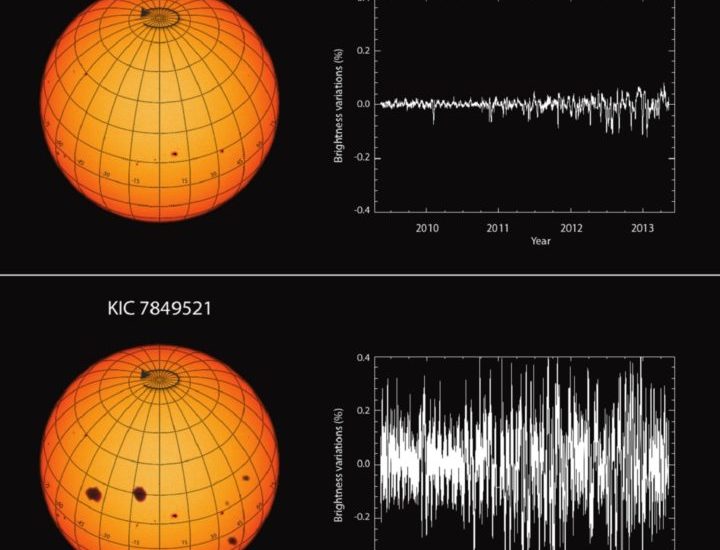
Sun ‘less active’ than similar stars
The Sun is less magnetically active and shows less variability in its brightness than similar stars in the galaxy, scientists say. To come to this conclusion, published in the journal Science, they analysed 369 candidate stars selected because they resemble the Sun in decisive properties. “These stars appear nearly identical to the Sun except for their higher variability.…
-
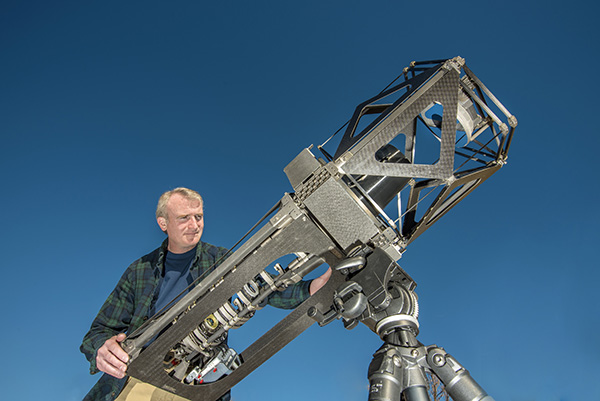
Sandia National Laboratories: Seeing stars
Sandia National Laboratories: Seeing stars Sandia team designs a new way for additive manufacturing Source: www.sandia.gov/news/publications/labnews/articles/2018/16-02/telescope.html
Visit my work – bintel.com.au
Categories